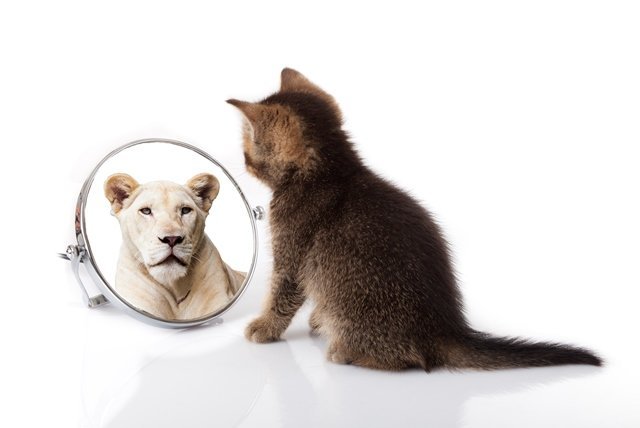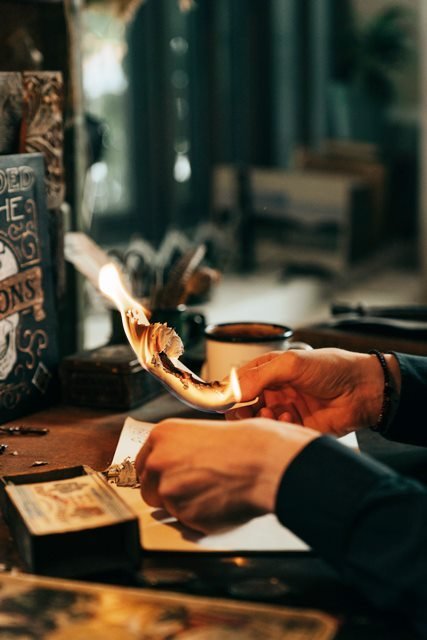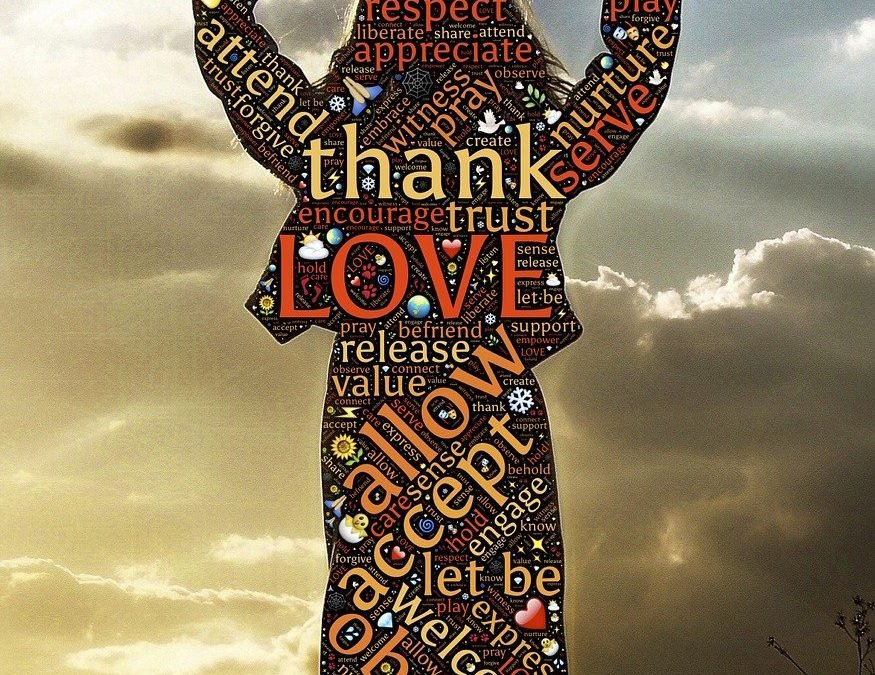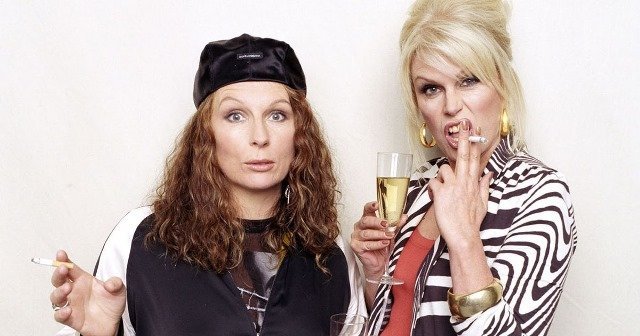
by Judith Stafford | Feb 13, 2024 | Becoming a Wise Woman, self help
Knowing me, Knowing who? How self-reflection leads to personal growth. “Life really does begin at forty. Up until then, you are just doing research.” - Carl Jung. Do you think of yourself as self-aware? Do you even know what it means to be self-aware? Congratulations if you have ever considered it at all. The very act of thinking about it means you have a degree of self-awareness. I have been doing quite a bit of journalling and shadow work recently, resulting in my considering how self-aware I am. I decided to do some research to get a better idea, and this is what I learned. A poll by The Harvard Business Review discovered that although 95% of people think they’re self-aware, only 10 to 15% actually are. It makes you think. How many deluded people are there out there? When I looked up self-awareness online, ‘self-awareness as a leader’ appeared most frequently. Looks like it is the new buzzword in management speak. Something aspiring leaders have decided they must have. Looks like I have found some of the deluded 95%! But self-awareness is important, whoever you are. It is not just for your career, which undoubtedly helps, but also for your benefit and those around you. What does it mean to be self-aware? According to the American Psychological Association, self-awareness is “the consequence of focusing attention on the self.” But what does this mean? Self-awareness is the intention of aspiring to be the best person you can be. It involves a great deal of self-analysis of your emotions, thoughts, motives and values to uncover who you are and find...

by Judith Stafford | Dec 3, 2023 | Away with the Fairies, Becoming a Wise Woman
Egos, Shadows and the Collective Unconscious I have always enjoyed a great story, whatever format it takes, whether it is a book, film, or TV series. Something about living a different life in another world for an hour or two is fantastic. I always loved reading myths and fairy tales as a child. My favourite kinds of stories have always been fantasy types. I loved the dark forests and ancient landscapes. Even though they were far removed from my life, the characters and situations still spoke to me. Later, when I re-read these stories as an adult, I saw they worked not only as entertainment and escapism. But they also allowed us to explore our often unconscious relationship with ourselves and the world. The more folktales and myths I read, the more I realised that the underlying ideas behind these stories were the same. Whether you read tales from Europe, Asia, Australia or the Americas, the same concepts crop up repeatedly. Grand ideas of death and resurrection Epic heroic journeys Heroes overcoming great odds to seek justice Innocents risk everything to rescue a loved one Curious to discover more, I started reading about the psychology of storytelling. There I came across Carl Jung’s theories on archetypes. I found them so fascinating that I delved deeper into them. Now, 30 years later, I am still learning new things about them. What is an archetype? The simplest definition of an archetype is that it is a universal stereotype or prototype of specific patterns of behaviour. In Jung’s view, archetypes represented inherited unconscious thought patterns common to all people. Every culture in...

by Judith Stafford | Oct 6, 2023 | Becoming a Wise Woman
How to make regrets work for you instead of against you I am reading a book called Living Your Unlived Life by Robert A. Johnson, and it has got me thinking about all the things I wanted to do with my life. That and a big birthday next year have made me reflect on what I wish I’d done differently. Overall, I think my life has turned out pretty well, but I sometimes think about those paths I didn’t take. Edith Piaf and Robbie Williams may have sung about having no regrets, but realistically, everybody has some regrets. There is a biological reason for all our emotions, and regrets are no different. Even though they can cause sorrow, regrets can be a positive force if you use them to learn to make better decisions. What are the biggest regrets people have? There is a common theme to the regrets women (and men) have when they get to their 50s. Health – not looking after yourself Money – not saving enough or spending wisely Romance – staying with the wrong person Travel – not seeing enough of the world Friends – not keeping in touch with people Research has shown that you regret things you have done in the short term, but in the long term, you regret actions you didn’t take the most. Mainly, these relate to missed opportunities, not taking risks or being bold enough. Ironically, the more opportunities you have, the more likely you will have regrets. The older you get, the more regrets focus on living a more authentic life, making a difference and having a...

by Judith Stafford | Jun 30, 2023 | Becoming a Wise Woman
Why you should embrace becoming an elder Nobody wants to get old. Most of us would prefer to avoid the ageing process if we could. But this is impossible; our bodies will age whether we want them to or not. That doesn’t mean there is nothing you can do to stay strong and healthy as much as possible, but that ageing is inevitable. The purpose of the second half of life The psychologist Carl Jung believed that the second half of life is for knowing and becoming your true self. It isn’t easy to pinpoint an exact age for when the second half of life begins. But I would say it is sometime in our late 40s. Nobody knows how long they have to live, but this is when most of us will begin to feel things have changed. The catalyst could be the death of a loved one, an illness or a traumatic event, or it could be as simple as realising that your priorities have changed. You begin questioning your values and what you want for the rest of your life. Past focuses, such as career or family, may take a back step as your needs change and you focus on what you want rather than the needs of others. Part of this process involves coming to terms with your mortality. It is scary – but you can’t ignore it or pretend it isn’t happening. Ageing in the 21st Century This new century has seen changes in the way we age. We are healthier and wealthier and have more time to spend after retirement than other generations....

by Judith Stafford | Jul 18, 2022 | Becoming a Wise Woman
A Beginner’s Guide to Growing Old Disgracefully I am sure you have heard the phrase ‘to grow old gracefully’, but what exactly does it mean? If you do an Internet search, you will find everyone has a different idea. From accepting you are now old to doing everything you can to avoid it. It is all quite depressing, really. I think the word ‘graceful’ is the wrong word. It either applies to the way you move or as an adjective to mean someone pleasant, polite and kind. All very pleasant, but not very inspiring and a bit passive for my taste. The words I associate with ‘growing old gracefully’ are nice, bland, and boring. This woman wears sensible clothes in muted colours and has neat, short hair. She doesn’t complain, accepts that she has had her time and is happy to step back and let the younger generation take the spotlight. I don’t know about you, but that isn’t something that I aspire to. But if you can age gracefully, does this mean you can also age disgracefully? Now that sounds much more appealing. What does ageing gracefully look like? During my Internet search, I found it covered how you look, and how you behave. Attitude didn’t come into it at all. How you look There are so many conflicting ideas. I can’t decide whether it means young looking as long as possible or letting nature take its course. According to The Lady, women over 50 should not be wearing miniskirts, skyscraper heels, false eyelashes, fake tan, leather trousers, baseball caps or glitter of any sort. Oh, and being...

by Judith Stafford | Jun 6, 2022 | Becoming a Wise Woman, Self-Help
“Intuition is seeing with the soul” - Dean Koontz Growing up, I never really had much time for intuition. I thought it was all ‘woo-woo’ and nonsense, one of those supposed feminine qualities that made us irrational. Therefore, I never really thought about developing mine. But, as I got older, I embraced my ‘woo’ side and realised that we all have intuition. Therefore, not using it is like ignoring one of your senses. What is intuition? We have all had that gut feeling or hunch about someone. Intuition is sometimes referred to as the sixth sense. One dictionary definition describes it as an ‘unexplained feeling that something is true without evidence or proof’. I don’t think that is quite true. So much of our brain’s processes go on at an unconscious level. Our subconscious mind takes in and processes so much more information than we consciously realise. All that data is stored away for further use if needed. This means that intuition isn’t just a random thought or feeling. It is tapping in on information based on past knowledge stored in our subconscious. While different to critical analytical thinking, it is just as valuable. How does it work, and why does it matter? Intuition is a physical sensation often but not always felt in the chest or stomach area. For some people, it is manifested in feelings of anxiety or nausea. It is that nagging thought that you just can’t shake or something feels right or wrong, and you are unsure why. Intuition has a purpose as part of our survival mechanism. It allows for fast responses to stimuli...









Recent Comments